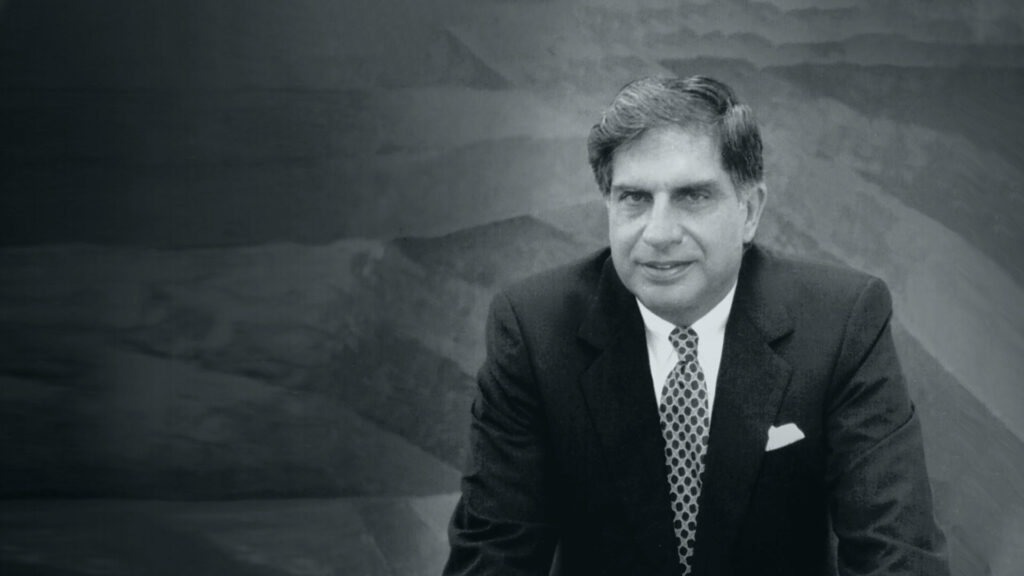Ratan Naval Tata, an epitome of leadership, philanthropy, and innovation, has left an indelible mark on the global business landscape. His life story is not just about corporate success but also about resilience, compassion, and a relentless pursuit of excellence.
Born on December 28, 1937, into the illustrious Tata family, Ratan Tata inherited a legacy of business acumen and social responsibility. Graduating from Cornell University with a degree in architecture and structural engineering, he later pursued an advanced management program from Harvard Business School, honing his skills for the challenges ahead.
Tata’s journey in the corporate world began when he joined the Tata Group in 1962. Over the years, he held various positions within the conglomerate, each marked by his visionary leadership and commitment to innovation. Under his stewardship, Tata Sons, the holding company of the Tata Group, transformed into a global powerhouse with interests spanning from steel to software, automobiles to hospitality.
One of Ratan Tata’s most significant contributions was steering the Tata Group onto the global stage through strategic acquisitions and partnerships. The landmark acquisition of Jaguar Land Rover in 2008 not only propelled Tata Motors onto the world stage but also showcased Tata’s bold vision and strategic foresight.
However, Ratan Tata’s leadership wasn’t just about business expansion; it was also about fostering a culture of integrity, transparency, and corporate social responsibility. He believed that businesses must be a force for good, contributing to the welfare of society while ensuring sustainable growth. Under his guidance, the Tata Group spearheaded several philanthropic initiatives, including healthcare, education, and rural development, touching millions of lives across India and beyond.
Tata’s leadership style was characterized by humility, empathy, and a genuine concern for people. Despite his towering stature in the business world, he remained approachable and grounded, earning him respect and admiration from colleagues and competitors alike.
Moreover, Ratan Tata’s legacy extends beyond the boardroom. His passion for innovation led to the establishment of the Tata Trusts’ Tata Innovation Fellowship, which supports groundbreaking research and development in various scientific disciplines. He also played a pivotal role in promoting entrepreneurship and nurturing startups through initiatives like Tata Trusts’ Social Alpha.
In addition to his corporate achievements, Ratan Tata’s personal integrity and resilience have been an inspiration to many. His handling of challenging situations, such as the aftermath of the 26/11 Mumbai attacks or the contentious Nano project, showcased his ability to navigate through adversity with grace and determination.
As Ratan Tata stepped down from his role as chairman of Tata Sons in 2012, he left behind a legacy that continues to inspire generations of leaders. His unwavering commitment to excellence, coupled with a deep sense of social responsibility, serves as a guiding light for businesses worldwide.
In conclusion, Ratan Tata’s life is a testament to the power of leadership, philanthropy, and ethical business practices. His journey from humble beginnings to global prominence exemplifies the transformative potential of vision, integrity, and compassion. As we reflect on his life and legacy, we are reminded that true success lies not just in financial prosperity but in the positive impact we create on the world around us.

